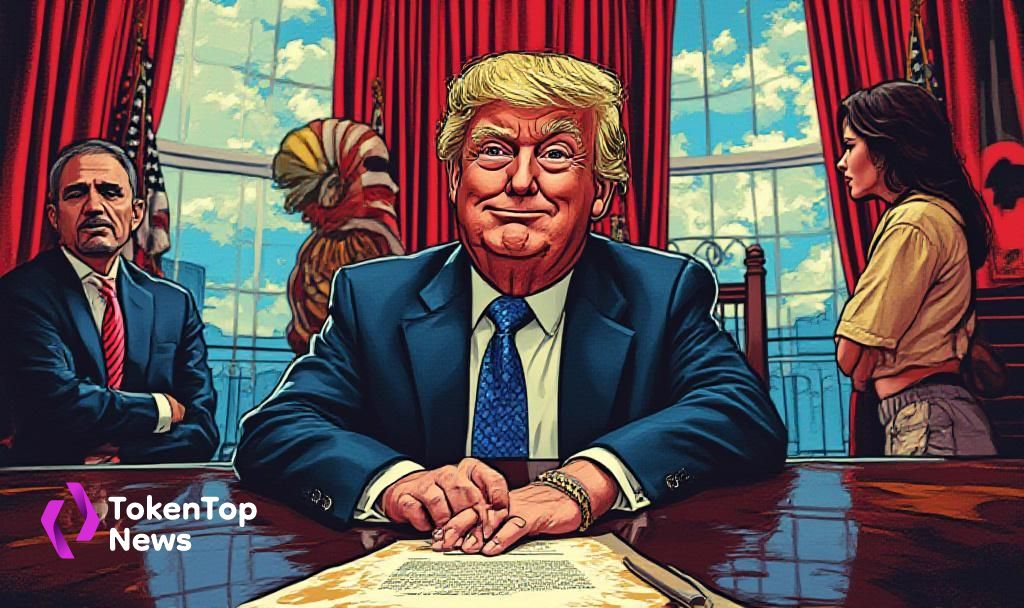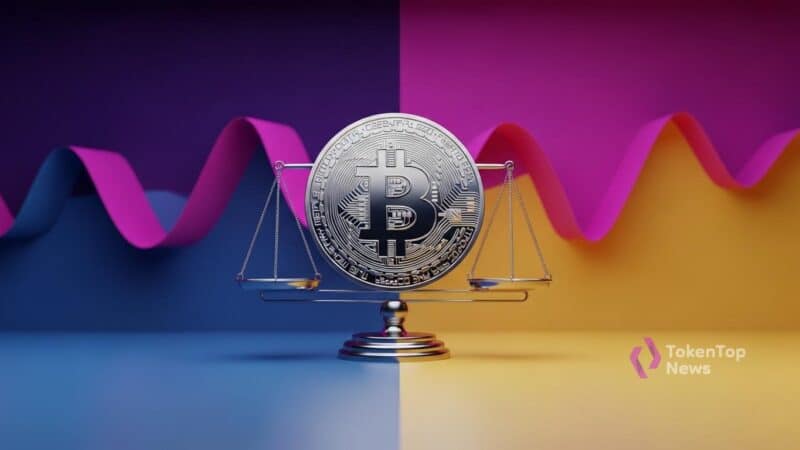Trump’s New Tariffs on Global Imports: Implications for Crypto Markets
- Trump enforces tariffs on 57 nations, impacting trade partners.
- Projected to generate $400 billion annually.
- Potential market volatility and reduced growth forecasted.

The new tariffs by President Trump could influence global trade stability, impacting various markets and economies due to increased costs on imports.
In a strategic move, Donald Trump has intensified the U.S. trade policy by imposing tariffs of 10% or higher on imports. Key trade partners like China, Japan, and the EU are targeted, potentially shaking global economic relations. Trump’s administration is executing this policy, continuing his previous approach. Known for implementing tariffs during his earlier administration, Trump continues to employ trade measures to address economic strategies.
The tariffs are projected to generate substantial revenue for the U.S. economy, estimated at $400 billion annually. J.P. Morgan Research noted the tariffs might cause the largest tax increase since 1968. Market analysts predict increased costs and volatility, reflecting past reactions to similar trade measures.
“By our calculations, this takes the average effective tariff rate from around 10% to just over 23%…. These measures could boost PCE prices by 1–1.5% this year… the resulting hit to purchasing power could take real disposable personal income growth into negative territory in the second and third quarter.” — Michael Feroli, Chief U.S. Economist, J.P. Morgan
According to the Penn Wharton Budget Model, the long-term effects include slower growth and potential inflation risks.
Industry experts highlight potential financial repercussions, including increased PCE prices and reduced disposable income growth. Analysts anticipate that traditional and crypto markets might face heightened volatility due to these changes. Historical patterns reveal market unease during trade tensions, affecting asset classes globally. As the economic environment adjusts to these tariffs, investors may reevaluate their strategies amid uncertain market conditions.



